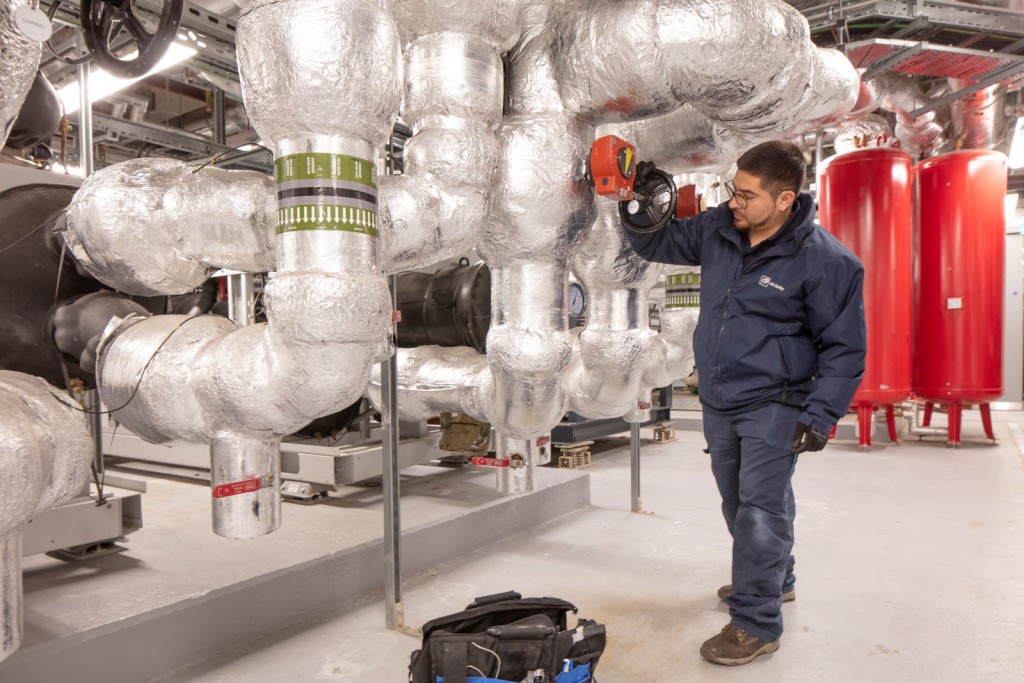NG Bailey Net Zero target validated by leading environmental body

NG Bailey has become one of the first construction and engineering companies in the UK to have its long-term target to achieve Net Zero emissions by 2045 approved by the Science Based Targets Initiative (SBTI).
The engineering and services business has set a target to achieve Net Zero by 2045 for its scope 1, 2 and 3 greenhouse gas emissions.
As part of its long-term target, NG Bailey has committed to reduce greenhouse gas emissions for sources it owns or controls directly (Scope 1 and 2) by 90%, as well as reducing emissions from its wider supply chain (Scope 3) by 90% by 2045.
The new target is in addition to its existing near-term targets, approved in 2022, which include a commitment to reduce absolute Scope 1 and Scope 2 greenhouse gas emissions by 50% by 2031, and that 75% of its suppliers will have science based targets in place themselves by FY2027.
Natalie Wilkinson, Head of Responsibility at NG Bailey, said: “We have a long history of being a responsible business and were proud to become one of the first UK construction and engineering businesses in the UK to have our near-term science based targets validated in 2023. Receiving this latest validation from the Science Based Targets Initiative for our long-term Net Zero target demonstrates just how seriously we are taking this as a business and our ongoing commitment to put more into society, the environment and the global economy than we take out.”







